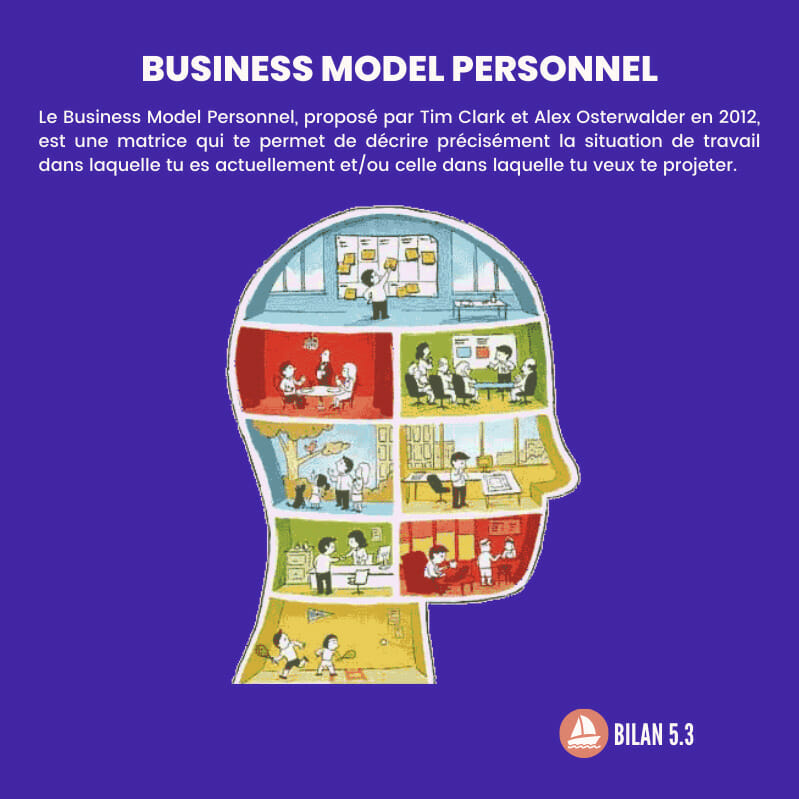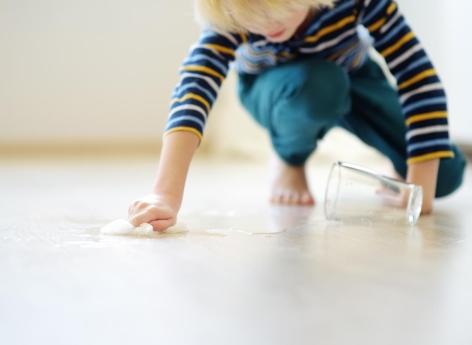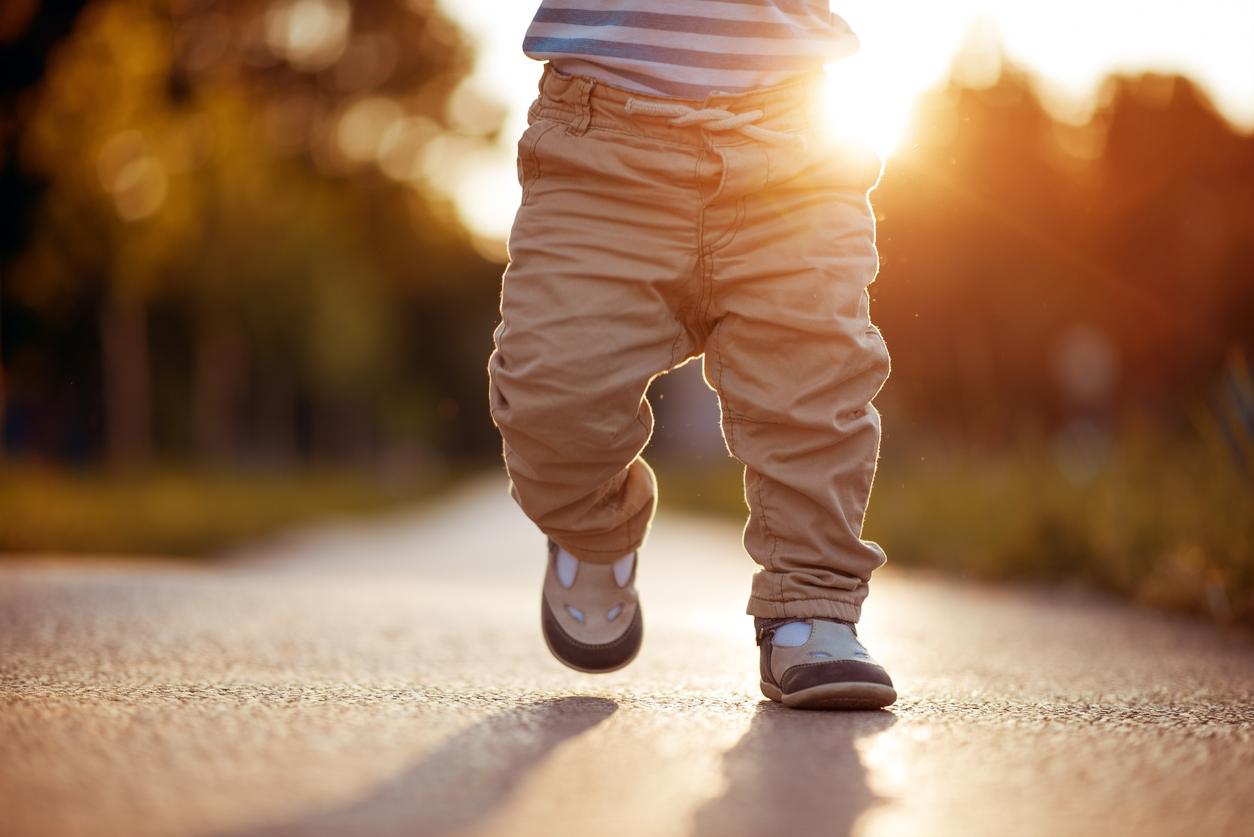Biting is a common behavior among toddlers, especially before the age of 3.

- Up to 3 years old, a child who bites is often a child who wants to express frustration.
- It is important to explain to a child that biting hurts.
- The mouth is a tool for exploration before the age of 3: we can give these children teething tools that allow them to bite… without hurting anyone!
Bites in young children are often a source of worry and frustration for parents. However, this behavior, although disturbing, is generally a normal stage of development.
Why do children bite?
Every child is unique, but it is important to recognize that biting does not mean the child is “mean” or aggressive by nature. This is a signal that he is going through an emotional difficulty or that he lacks the tools to express what he feels.
Before the age of 3, the mouth is a tool for exploration. They use it to discover the world, express their needs or manage intense emotions. Until around 2 years old, he bites impulsively, sometimes to express frustration, without understanding the consequences of his action. From the age of 4, biting becomes rarer, as he begins to better control his emotions and use words to make himself understood.
How to react when a child has bitten?
When faced with a bite, it is important to remain calm. Too strong a reaction can reinforce the behavior if the child was seeking attention. You can show that you were hurt or comfort the person who was bitten, to show them that this gesture is not an effective way to get what they want.
Then address him with simple words “Biting hurts. You can say “no” or ask for help instead of biting.”. It is also important to support him in understanding his emotions by helping him to put into words what he feels so that he learns to use alternative strategies.
Help him stop biting
To prevent it from happening again, carefully observe the situations that trigger this behavior. For example, if he is tired or in a noisy environment, offer him a quiet space where he can retreat. You can also offer him teething objects if he wants to relieve his discomfort without biting others.
Encourage him by valuing his use of words and praising him when he expresses his needs appropriately. Positive reinforcement is often more effective than punishment. Finally, support him in developing his empathy. Showing the consequences of their actions, like a friend’s tears, can help them understand the impact of their actions.
Find out more: “We don’t bite, titou!” by Christine Naumann-Villemin and Marianne Barcilon.















